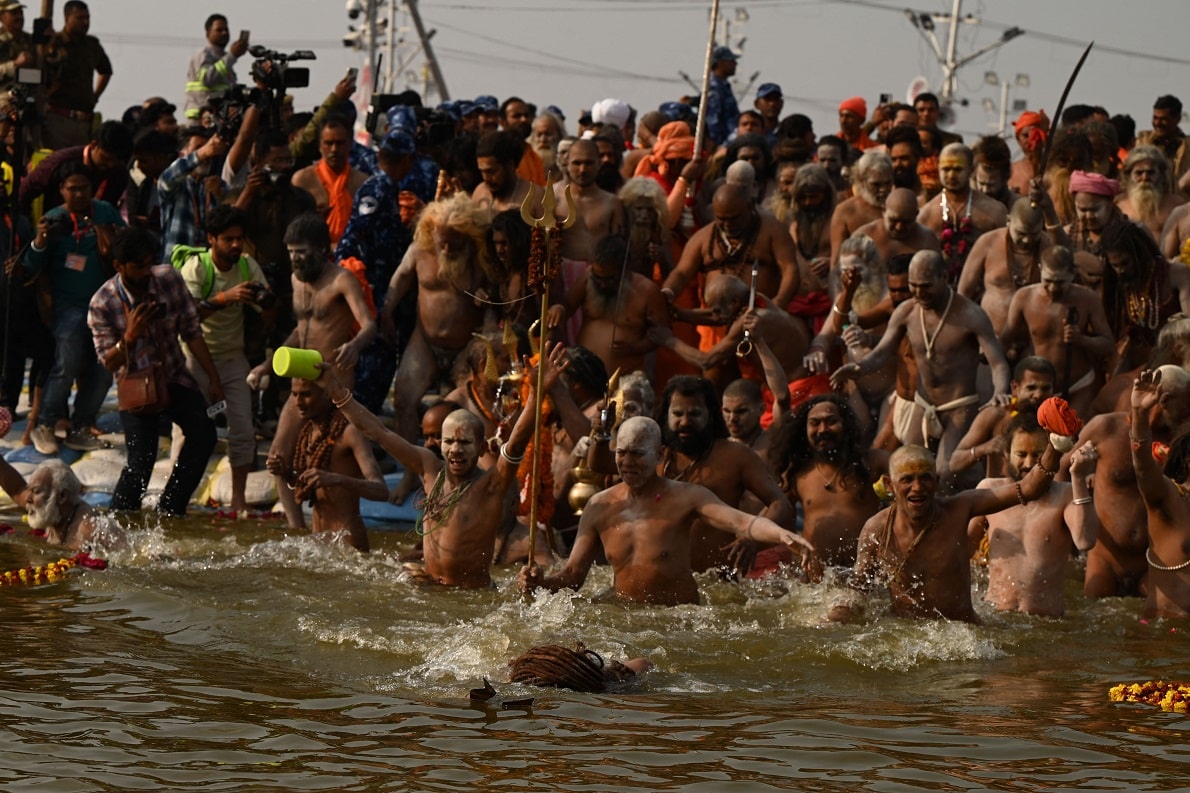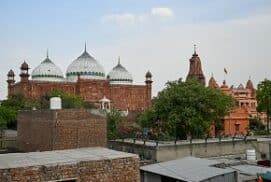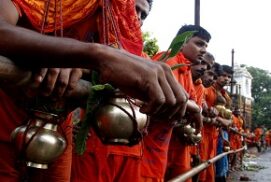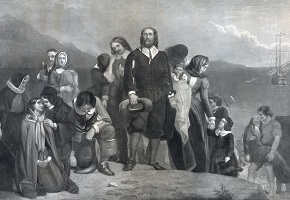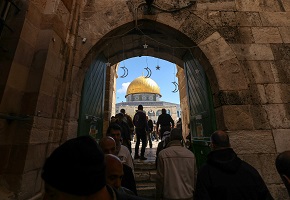Raul Kumar 3 February 2025
On January 28, 2025, a stampede at the Maha Kumbh Mela in Prayagraj, India, resulted in the deaths of at least 30 people and left hundreds injured. The incident at one of the world’s largest religious gatherings once again exposed the vulnerabilities of India’s mass pilgrimages. While such events are deeply embedded in the country’s cultural and religious fabric, they have increasingly become political battlegrounds where governance failures, political patronage, and infrastructural shortcomings intersect with faith.


